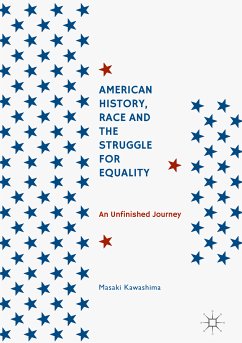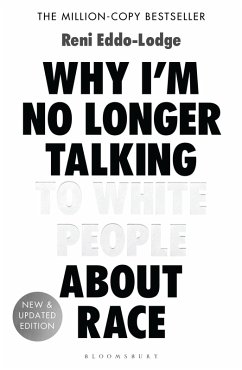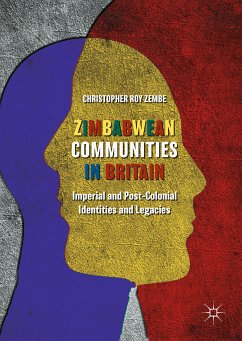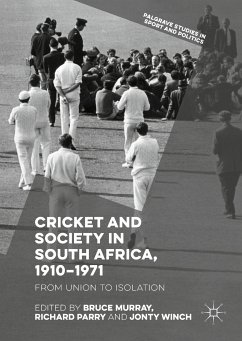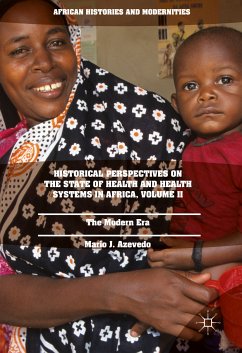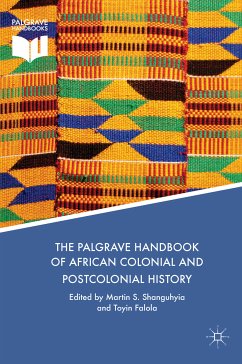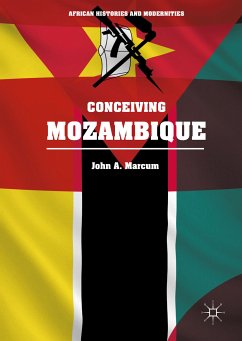
Xenophobia in South Africa (eBook, PDF)
A History
Versandkostenfrei!
Sofort per Download lieferbar
44,95 €
inkl. MwSt.
Weitere Ausgaben:

PAYBACK Punkte
22 °P sammeln!
Redefines and explores the sources of contemporary xenophobia, placing globalization and its discontents in dialogue with critical race theory
Presents the first formal analysis of romantic relationships between immigrant and non-immigrant communities in South Africa
Examines xenophobic language and terminology, uncovering the semantic and cultural origins of anti-immigrant sentiment and violence
Presents the first formal analysis of romantic relationships between immigrant and non-immigrant communities in South Africa
Examines xenophobic language and terminology, uncovering the semantic and cultural origins of anti-immigrant sentiment and violence
Dieser Download kann aus rechtlichen Gründen nur mit Rechnungsadresse in A, B, BG, CY, CZ, D, DK, EW, E, FIN, F, GR, HR, H, IRL, I, LT, L, LR, M, NL, PL, P, R, S, SLO, SK ausgeliefert werden.



